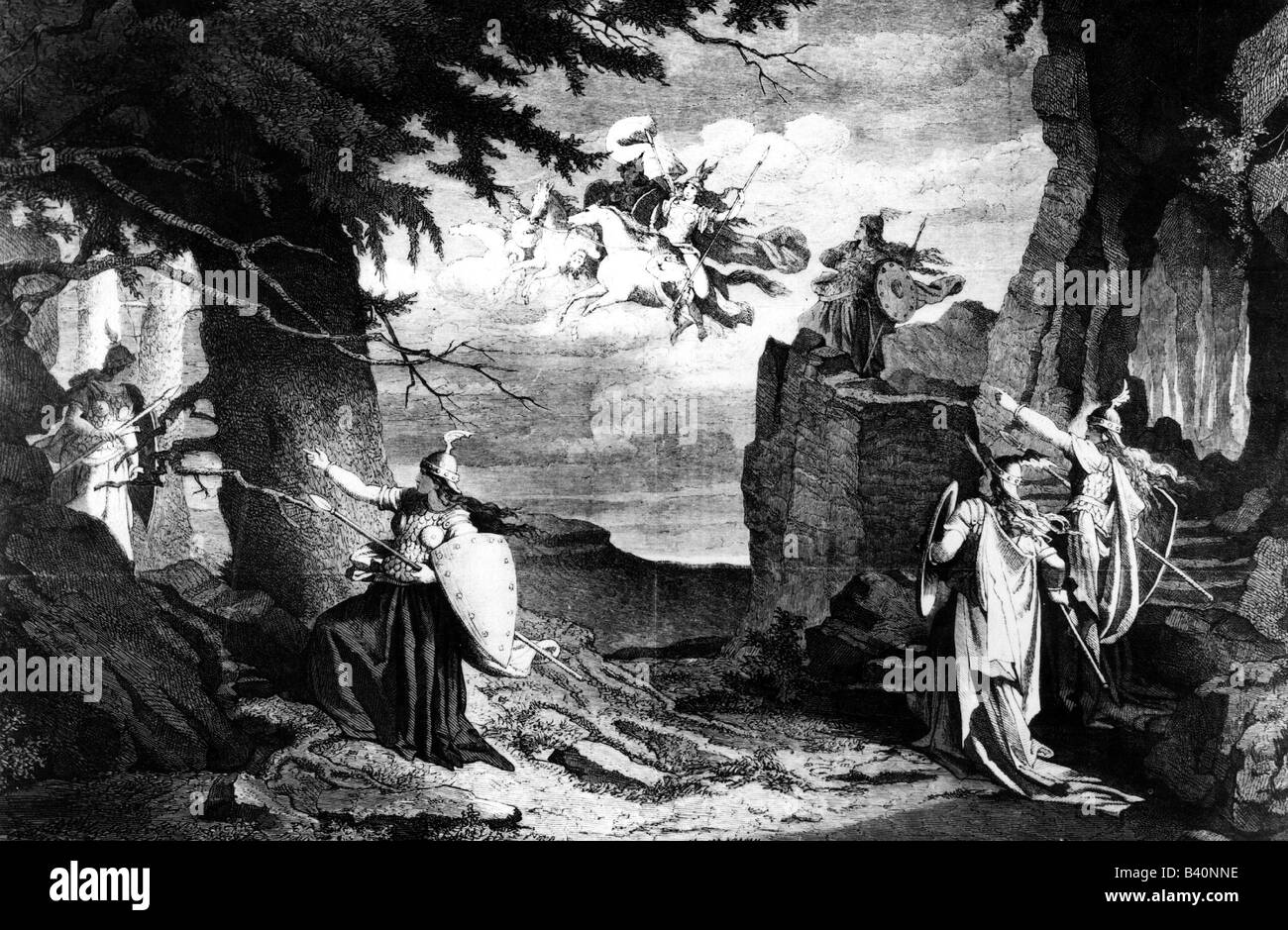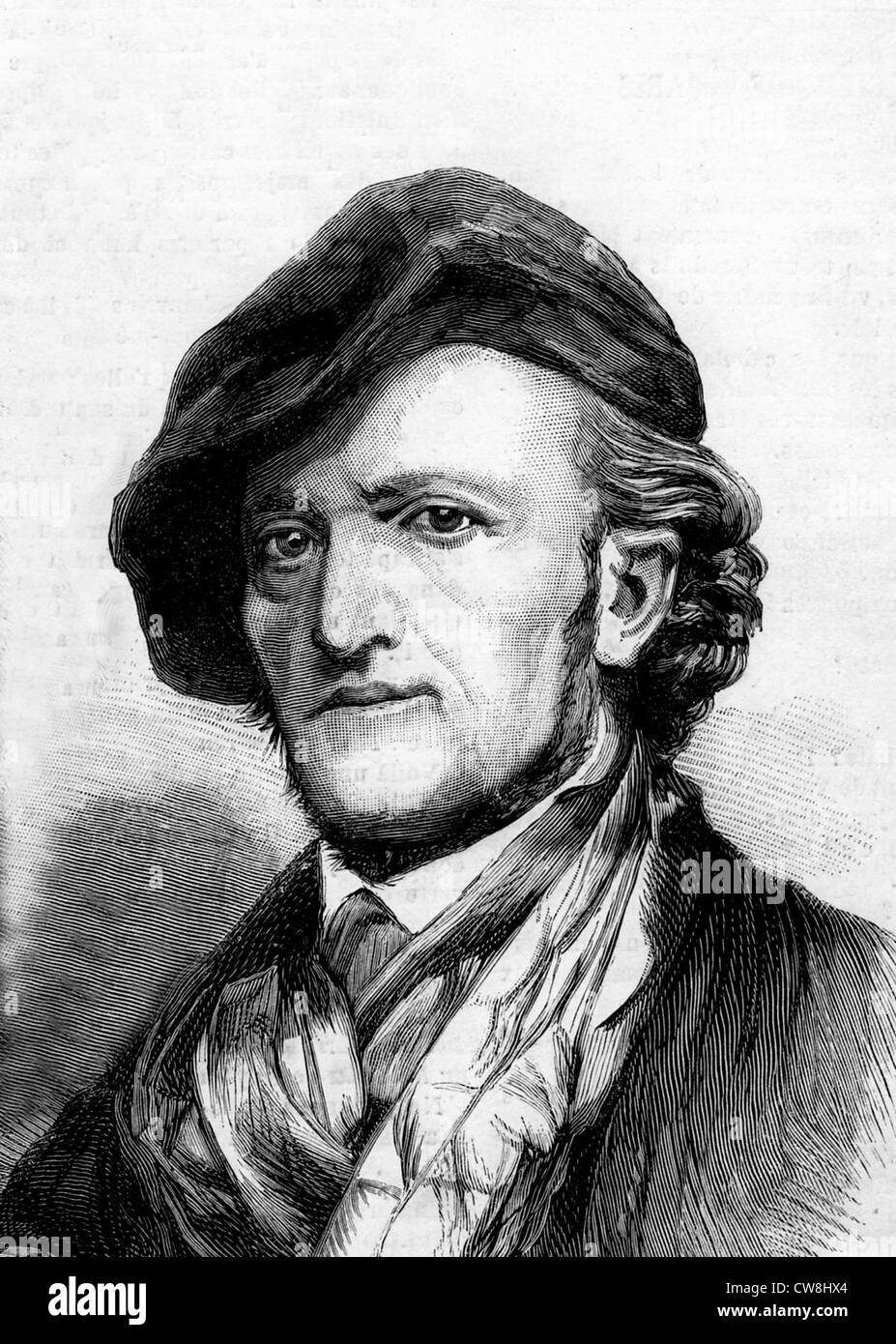

From the chapters on the United States, I found the discussion of Hollywood figures Alfred Hitchcock and Charlie Chaplin fascinating, and on Francis Ford Coppola’s “Apocalypse Now,” “captur an empire in its decadence,” an enduring Wagnerian theme, utterly convincing. What would have happened to his “holy German longings” of rebirth had Wagner landed in New York Harbor? “The image of Wagner in America…might make for a lively historical novel” someday, Ross muses provocatively.Īnyone interested in the Victorian era, the collapse of bourgeois Europe in the early 20th century, the Russian Revolution, World War I, the rise of Nazism and every notion of culture during that time will find much to ponder here. Meanwhile, that first Bayreuth Festival, championed by Nietzsche before he rejected the master, was a financial failure, so Wagner contemplated a flight to the New World. Wagner’s focus on usury, opposition to capitalism, declarations of evil in the world and his extolling of the virtue of art were done in ways that appealed to many Christians, targeted many Jews and led almost inevitably to fascism. Eliot’s The Waste Land, Virginia Woolf’s The Waves and the work of the Inklings C.


The sword in the stone is one of the motifs in the “Ring.” Also, his impact on novelist George Eliot as well as upon the Pre-Raphaelite Brotherhood is traced by Ross. In England, Wagner was at the heart of the revival of all things Arthurian. They were all interested in the ritualistic, post-Christian implications of Wagner’s work. Other Parisian enthusiasts included Paul Verlaine, Émile Zola and the painter Paul Cézanne. Napoleon III commanded a performance of the mythic opera “Tannhäuser,” a work that Baudelaire praised using traditional religious language. In France, Wagner shed his light upon Charles Baudelaire and the Symbolists, and Paris itself, in the 1860s. He also helped to raise funds to build Bayreuth, a theater-festival venue meant to incorporate the religious ritual of Oberammergau’s famous Passion Play and the performances of gods in the ancient Athenian Great Dionysia. Nietzsche served as propagandist for Wagner’s ideas in his early published work. Ross shows the effect that philosophers like Schiller, Hegel and Schopenhauer had on Wagner, and then the influence that Wagner had upon Friedrich Nietzsche. The passion of complex music that had long brought Germans to tears became the soundtrack for violence and barbarity.Ĭan we comprehend today how a composer’s music might fuel anarchy? When Nazism arose four decades after his death, Wagner’s sense of “holy German art” came frighteningly into view. He was also afraid of modernity: urbanization, multiculturalism, the media.

Ross writes: “In a fiery speech…he demanded the obliteration of the aristocracy, the imposition of universal suffrage, the elimination of usury, an enlightened German colonization of the world and, somehow, the self-reform of the king of Saxony.” He was arrested in the Dresden uprising and narrowly escaped prison by decamping to Zurich. Wagner personally fueled revolution, as well. One of the many illustrations in Wagnerism shows the Dresden uprising of 1849 with the famous soprano, Wilhelmine Schröder-Devrient, a “Ring” performer, exhorting the crowd from a window above the street. Can we comprehend today how a composer’s music might fuel anarchy? It did.


 0 kommentar(er)
0 kommentar(er)
